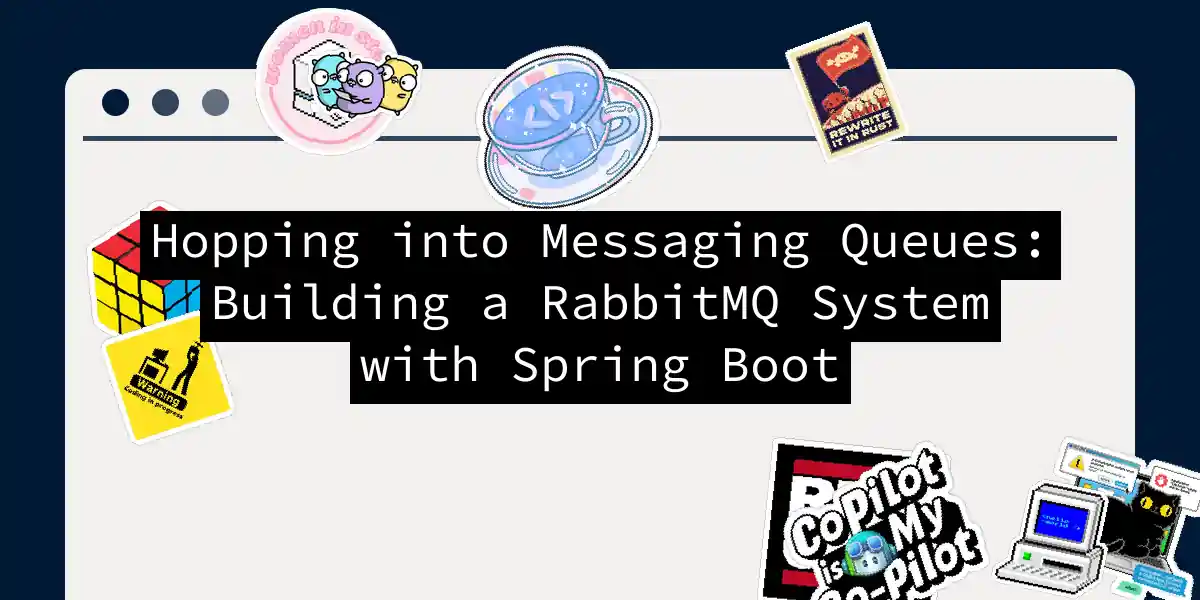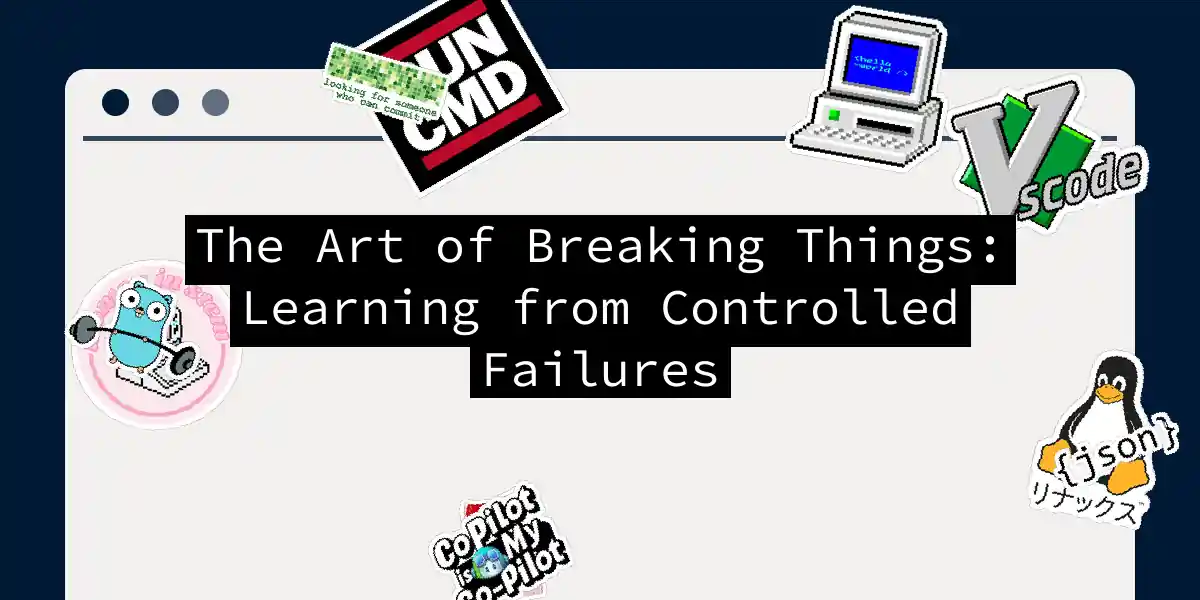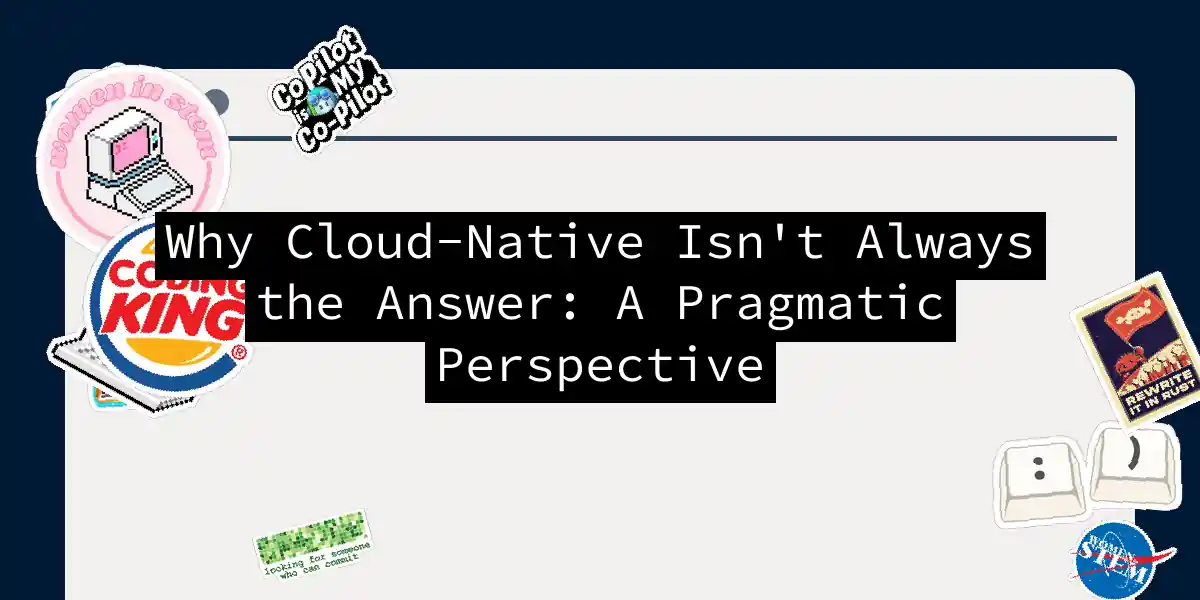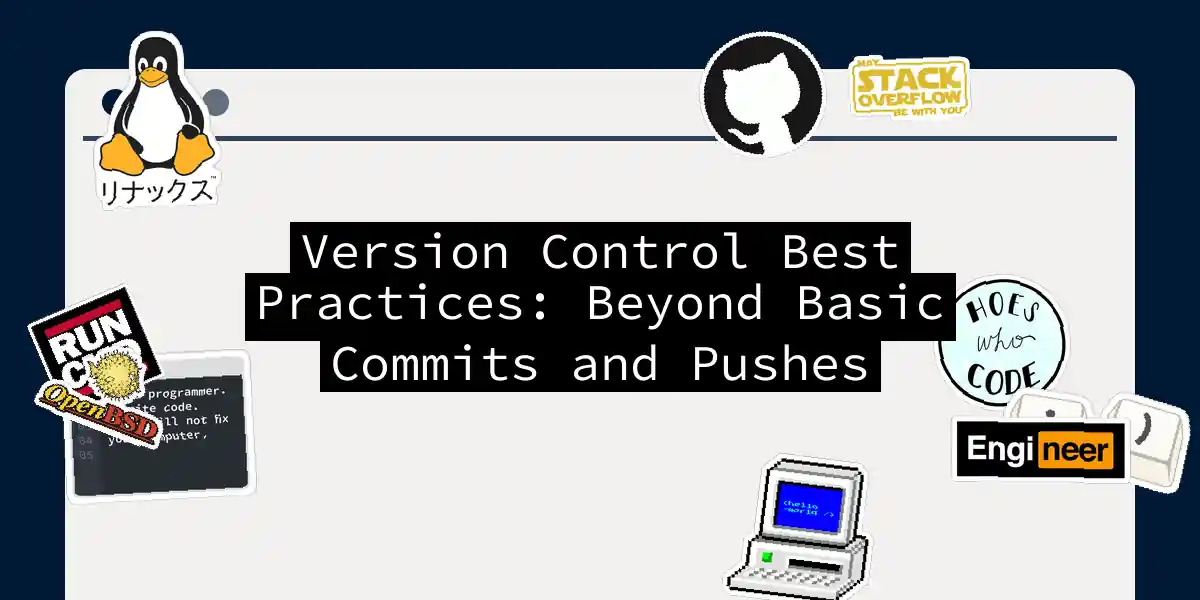
Hopping into Messaging Queues: Building a RabbitMQ System with Spring Boot
Picture this: your application is humming along when suddenly, 10,000 users simultaneously hit the “Sign Up” button. Without messaging queues, your servers would crumble like a cookie dunked too long in milk. Enter RabbitMQ – the postal service of the digital world where messages never get lost (and no angry dogs chase our delivery agents). Today we’ll build a robust messaging system using RabbitMQ and Spring Boot that’ll make your apps bounce with resilience....



